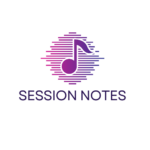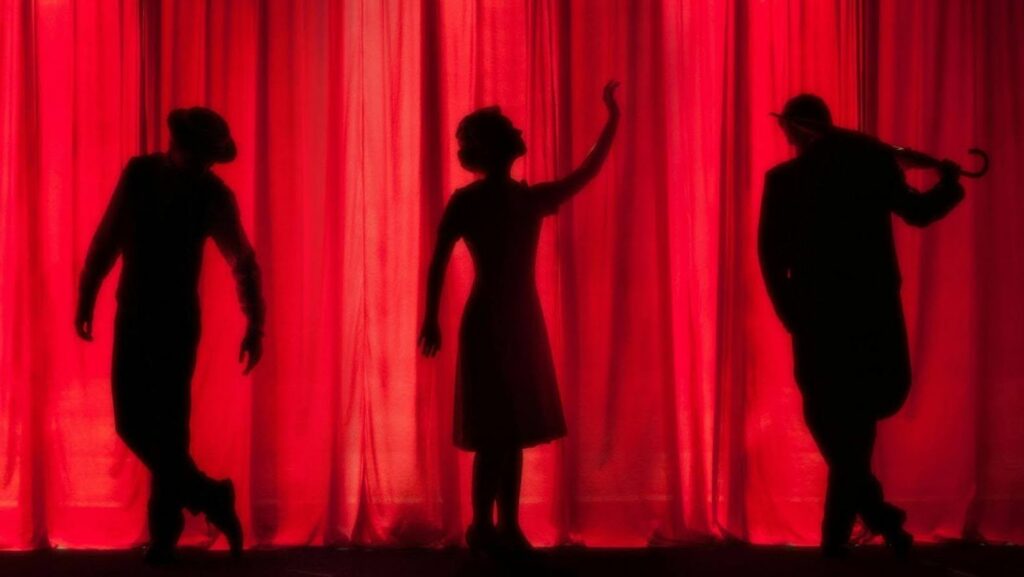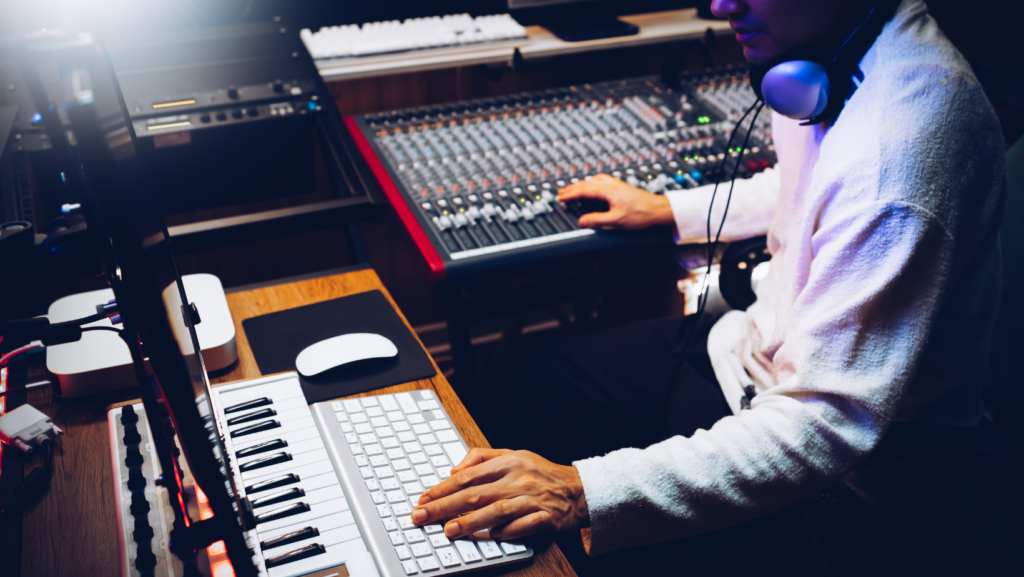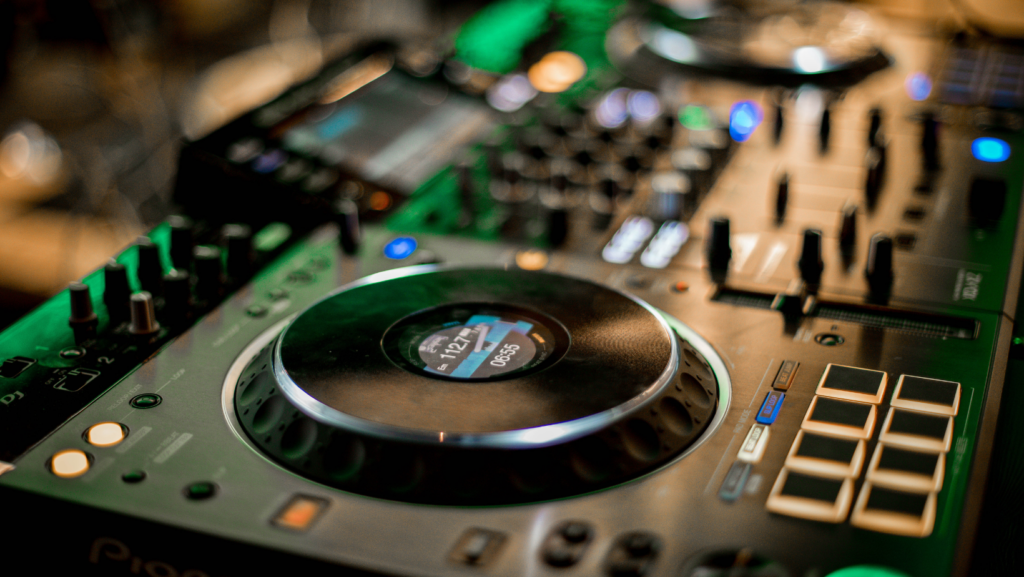Do you ever wonder if there’s a better way to unlock your full musical potential?
You might think improvisation is just for jazz cats in smoke-filled clubs, but nothing could be further from the truth. Improvising is the secret sauce that turns good music students into confident, creative players who can think on their feet.
Here’s the thing…
While most students are just mindlessly reading notes off the page, following directions to a tee, and playing exactly what’s on the sheet music, the brave ones who start to improvise are opening a world of opportunity.
Ready to jazz up your music learning?
The Secrets of Musical Confidence
- Why Improvisation Is The Missing Link In Music Education
- How Improvisation Rewires Your Brain For Better Learning
- The Creative Process Music Learning Revolution
- Building Musical Confidence Through Spontaneous Play
- Practical Ways To Start Improvising Today
Why Improvisation Is The Missing Link In Music Education
All traditional music lessons are focused on building up technical skills through practice. Students spend hours practicing scales and arpeggios, memorizing their repertoire and playing everything exactly as notated on the page.
But what they’re not being told is…
Without improvisation, you’re only using half of your musical brain.
Think of it this way: Reading sheet music is like following a cooking recipe. Sure, you can make something that’s technically correct, but can you make something truly delicious?
Improvisation allows you to get so deep in the weeds with music that you become fluent enough to start cooking up your own masterpieces.
The creative process of music learning involves far more than mechanical skills. It’s about developing your musical intuition, emotional expression, and power to communicate through music.
When students learn beautiful pieces like This is me piano sheet music, they’re developing important skills, but without also learning how to improvise, you’ll never truly be able to make it your own.
How Improvisation Rewires Your Brain For Better Learning
Want to blow your mind?
Musical improvisation literally changes the structure of your brain. Recent studies using MRI technology have shown that improvising music lights up multiple areas of the brain at the same time and builds new neural connections.
Research shows that schools with music programs have a 90.2% graduation rate compared to just 72.9% of schools that don’t have music programs. This is partly because music and math skills use the same part of the brain.
But here’s where it gets interesting…
It’s not just the students who learn to read music perfectly that go on to have the most success. It’s the ones who can improvise and create.
Why is improvisation so powerful?
- Improvising develops “problem-solving” skills because the brain is constantly processing decisions as you create on the spot.
- Making up music strengthens “memory” centers in the brain by challenging both working and long-term retention skills.
- Improvisation also strengthens your emotional regulation skills because you are learning to express feelings through musical sound.
- Nothing builds “musical confidence” like creating and hearing the beautiful music pouring out of your fingertips.
The creative process music learning through improvisation also develops a specific skill called “cognitive flexibility”. This is a fancy way of saying that you can hold several concepts at once in your brain and think about more than one thing at a time.
Boom! Mind officially blown!
The Creative Process Music Learning Revolution
Traditional music education is a linear process. Practice scales, memorize your pieces, and play for your teacher. Rinse and repeat.
But improvisation turns all of that conventional wisdom on its head.
Instead of learning:
- A strict set of rules
- To play exactly what’s on the page
- The pursuit of technical perfection
You gain:
- Freedom to be creative within musical structure
- Musical self-expression and a unique musical voice
- Technical skills that develop much more naturally
Improvisation helps students realize that music is more than just a puzzle to be solved correctly. It’s something they can play with.
Research on musical improvisation activities shows that the creative process helps develop specific and advanced cognitive processes including:
- Anticipation of musical phrases
- Non-verbal emotional communication
- “Flow states” where playing becomes automatic
Building Musical Confidence Through Spontaneous Play
One of the biggest hurdles to musical growth and development is fear. Fear of making a mistake. Fear of sounding bad. Fear of not being “good enough.”
Improvisation kills that fear dead in its tracks.
By its very nature, improvisation is all about making mistakes and then getting over it because there are no mistakes, only new musical directions.
Students who start to improvise stop being afraid of hitting the wrong notes. They learn that mistakes are opportunities to tell the musical story in a new way.
Musicians who develop the ability to improvise are more resilient learners. They have the mindset that is open to experimentation.
Practical Ways To Start Improvising Today
So, how do you start improvising? Check out these simple and effective strategies.
Start Simple
- Rhythm First: Start by improvising rhythms before melody. Clap your hands, feel the beat, then play around with it.
- One Note Magic: Pick a single note and play it in every way you can think of. Loud, soft, short, long. The possibilities are endless with one note!
- Scale Adventures: Take a scale you know and improvise it without using patterns. See where your fingers wander and listen to the melodies that emerge.
Build Your Skills
- Chord Progressions: Learn simple chord progressions and improvise melodies over the top of them. Start simple and then add more complexity.
- Style Exploration: Improvise in different styles. Blues, folk, pop. Each one will teach you a new way of approaching music.
The Science Behind Musical Creativity
New neuroscience research has discovered some fascinating things about improvisation and the brain.
During improvisation, a musician’s brain shows reduced activity in the part responsible for self-censorship and increased activity in the part of the brain that processes creativity. In other words, the brain is being trained to be less inhibited and more creative!
Students who participate in musical improvisation have been shown to have a higher level of development in executive functions, or the mental skills of working memory, flexible thinking, and self-control.

The creative process of music learning through improvisation builds “transferable skills”, or the skills that improve ability in completely unrelated aspects of life.
Creating Your Practice Routine
The great thing about developing improvisational skills is that you don’t have to spend years in music school to do it.
Daily Practice Ideas:
- 5-Minute Freestyle: Pick a song, scale, or chord progression and then spend five minutes improvising over it freely.
- Genre Exploration: Each week, try a different musical style.
- Emotion Expression: Improvise several different emotions.
- Limitation Games: Try setting limits. Improvise using only the black keys. Use only four notes. Restrictions will inspire you.
Remember: The goal here is not to be perfect. It’s to explore, express yourself, and grow.
The Social Side of Improvisation
One of the most under-appreciated benefits of learning to improvise is how it builds musical community and connection.
When you can improvise, you can jam with other musicians, participate in songwriting, and adapt to unexpected changes. You become a much more adaptable and flexible musician.
Improvisation teaches some critical social skills including active listening, taking turns, adaptability, and supportive collaboration. These all create better, tighter musical communities and deeper connections.
Time To Jazz Up Your Learning
Improvisation isn’t just one more trick to add to your musical toolkit. It’s a fundamental skill that changes the way you think, learn, and play music.
The creative process music learning through improvisation creates confident, expressive musicians who can handle any musical situation with creativity and grace.
Whether you’re a complete beginner or an advanced player feeling stuck in a rut, improvisation has the power to help you break through to a deeper understanding of music and musical joy.
So don’t wait for permission to start creating. Your musical voice is unique and valuable, and the world needs to hear it.
Start improvising today, and see what happens when you stop playing it safe and start playing from the heart.



